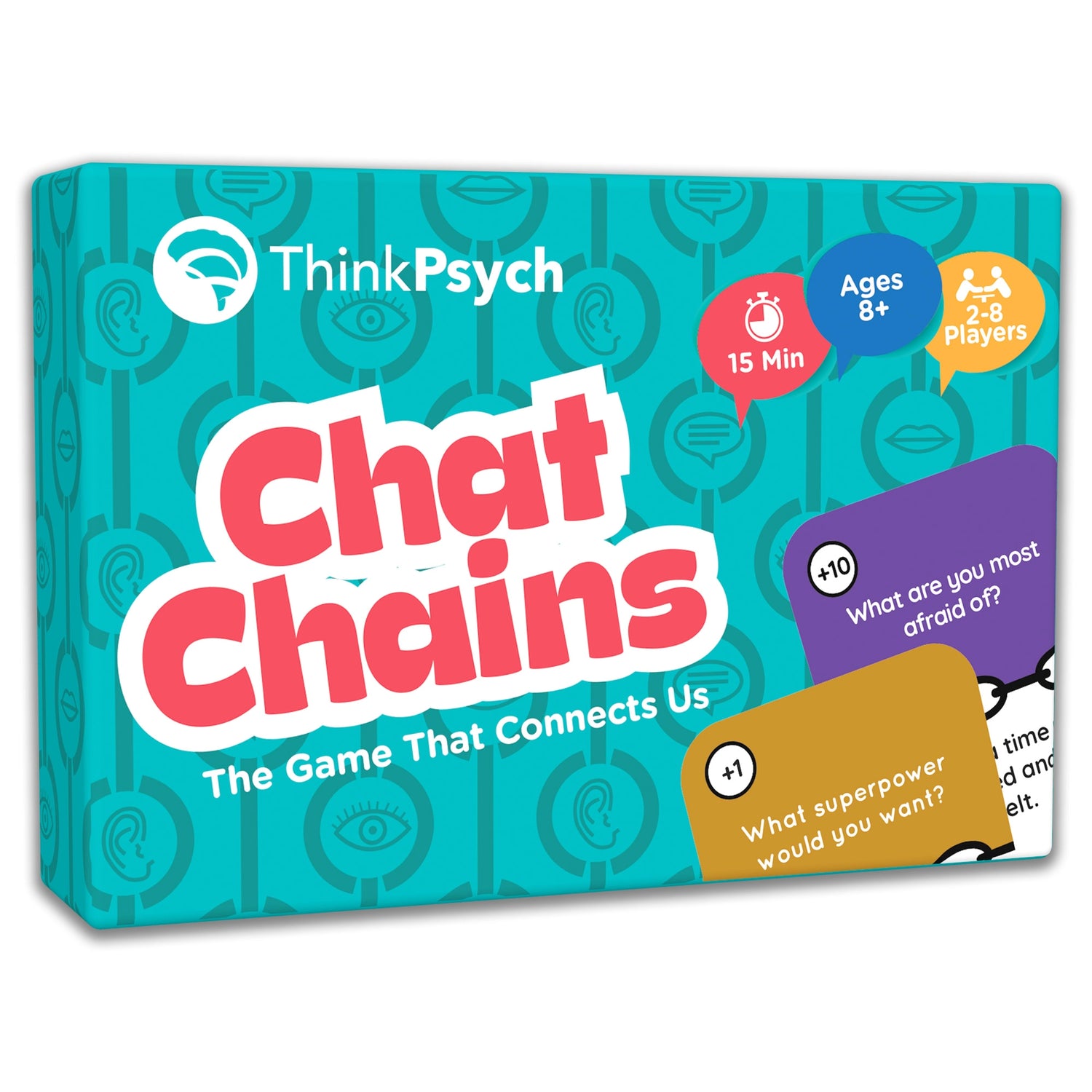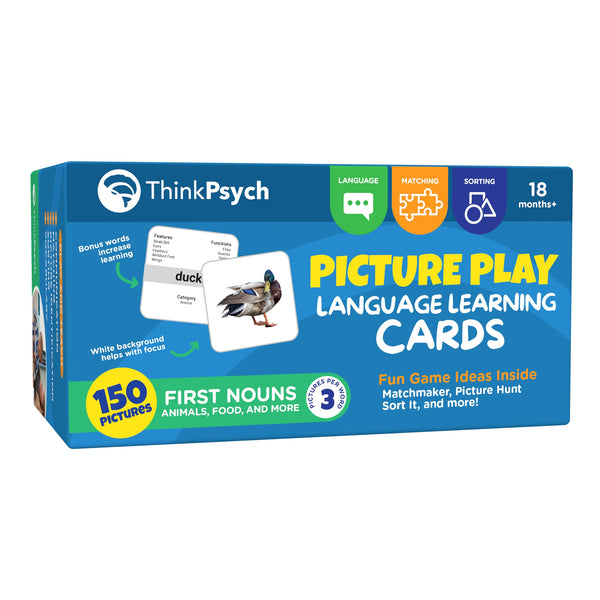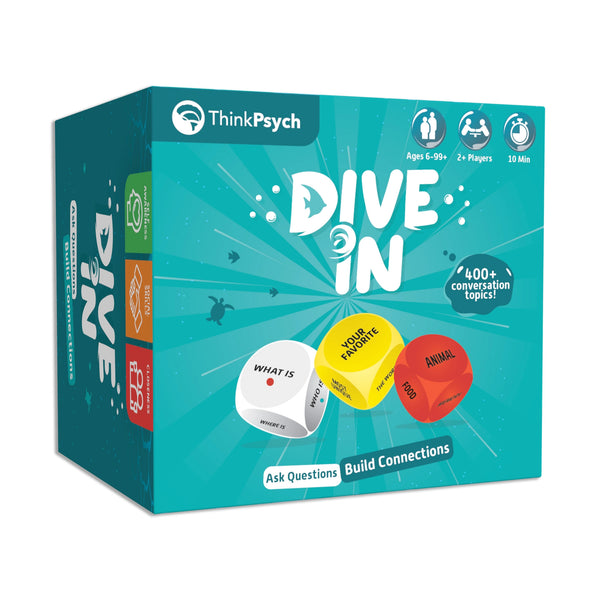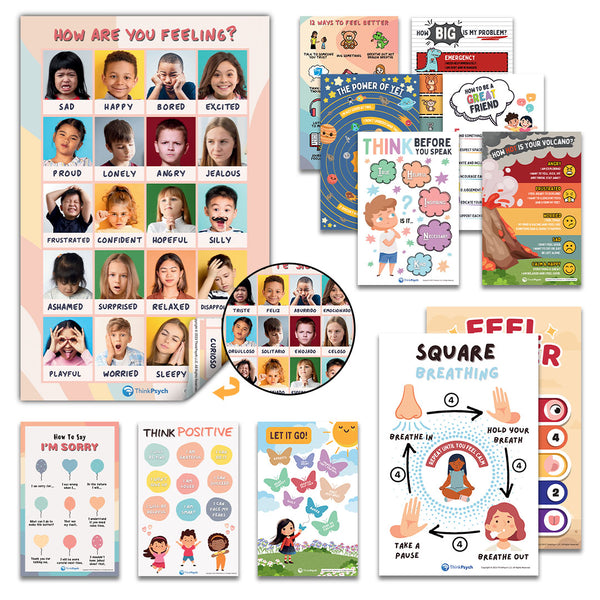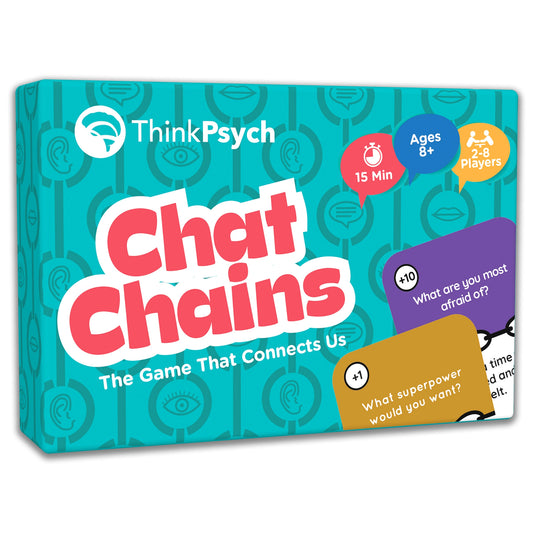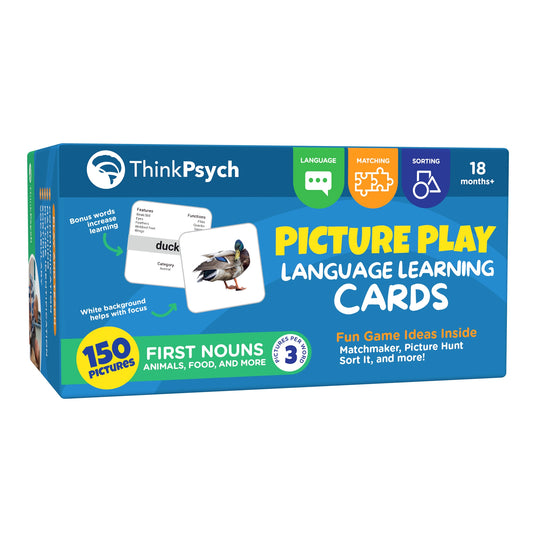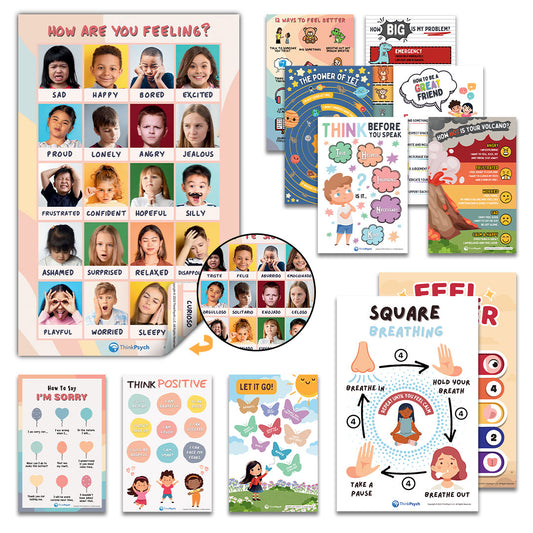
6 Tips for Starting ABA Therapy
Share
1) Be open and honest with your Board Certified Behavior Analyst (BCBA)
When starting ABA therapy, it is important to help the BCBA get to know your child’s medical and behavioral history. Being honest at this stage is crucial — don’t try to hide or downplay any negative behaviors that will need to be addressed in therapy. Many ABA companies have their own intake packet that might include some of these questions, but if there is any additional information you want to provide, make sure you do so!
2) Speak up!
While your BCBA knows the ins and outs of ABA therapy, you know the ins and outs of your child. ABA is an individualized treatment, so for it to be most effective we need to know all we can know about your child. When starting ABA therapy, make sure that your BCBA knows the answers to these questions: What do they like? What do they dislike? Do they have any specific sensory sensitivities? What are the main goals you as a parent have for your child?
If your BCBA asks you to implement certain procedures that you feel are unrealistic for you to do at home, mention this so that the BCBA can try to simplify the plan for you. Voice any concerns you have and make sure to ask plenty of questions! One of the end goals of ABA therapy is for caregivers to know, understand, and be able to support their child without needing a one-on-one therapist. It is important for caregivers to understand the main principles of ABA and to think about their child’s behaviors in the context of what is going on in the environment.
3) Be consistent
This applies to several areas. One of these is consistency in bringing your child to scheduled ABA sessions. Depending on the child, even one missed therapy session can mean he or she regresses in tasks being worked on. This slows down progress and will negatively impact your child in the long run, especially if multiple days are missed consecutively.
Consistency is key when talking about using ABA techniques as instructed by your BCBA. When consistency is not maintained across environments, it’s likely for something called “behavioral contrast” to occur. This happens when an intervention is implemented in one location (like an ABA center) but is incorrectly (or not) used somewhere else (such as school or the home). So, if there is an intervention being used in the clinical setting which causes a decrease in a child’s aggression, it is possible for aggressive behavior to increase in other environments in which the intervention is not being used.
4) Be prepared for change
Be ready for a lot of things to change in your family member’s lives when your child receives an autism diagnosis. Especially when first starting ABA therapy, that can be very overwhelming. ABA therapy heavily relies on changing environmental factors around your child to increase positive behavior and decrease problematic behaviors. An example of this is when a child is being taught to ask for his or her favorite toys. Toys may be placed out of reach in order to provide more opportunities for the child to work on asking an adult for the toys to promote language.
5) Give your child a break
Some children receive up to 40 hours a week of intensive therapies whether it’s ABA, speech, and/or occupational therapy. It’s their full time job! Therapy is usually very demanding so make sure you’re giving your child time to just be a kid. Sometimes parents want to know what they can work on at home with their child, which is okay, but remember your child has already been working hard all day! Typically the things your BCBA might want you to work on with your child at home are what are called behavioral cusps. These are behaviors that open up new possibilities for your child’s ability to interact with his or her environment and access new learning opportunities. Examples of this include toilet training, language skills, and learning how to type. Our language learning cards are a great tool to use with your kids at home!
Customer Favorites From Our Store
6) Get support and take time for yourself
Having a child with autism is hard. When you begin enrolling your child in different therapies (e.g., speech, occupational therapy, ABA), even just transportation takes a lot of time out of your day. Financially, all the expenses can add up quickly as you do your best to get your child the help he or she needs. Thankfully, there are a lot of resources from support groups to grants and scholarships available that could help you deal with the dramatic change in your family’s life when your child is diagnosed with autism. We have a list of resources for parents of children who were recently diagnosed with autism. Another good reasource is the Autism Speaks parent handbook and the CDC has a great list of resources for families.
